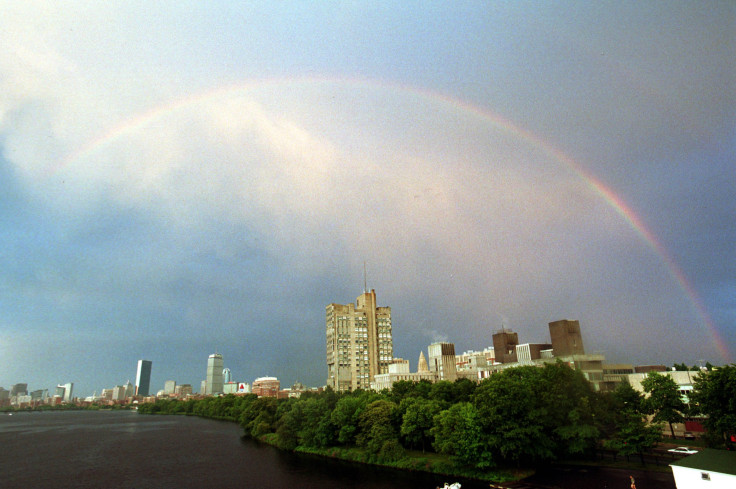Extreme Weather 2020: January Heatwave Shatters Temperature Records

Spring made a brief winter cameo this weekend for a significant portion of the East Coast. A heatwave caused temperatures to climb up to 30 degrees above the January average in some regions. Meteorologists, however, say that the change is not here to stay.
Around Washington, D.C., temperatures reached the low 70s, while over in Boston they reached a staggering 74, roughly 40 degrees above the seasonal average. In Buffalo, New York, a city famous for harsh winters, temperatures reached a balmy 72 this weekend. The heatwave even managed to reach as far as Charleston, West Virginia, where temperatures hit an almost unbelievable 80 degrees.
Reports indicate that the heat was a side effect of the major storms that previously battered Louisiana and Texas. Meteorologists have also dispelled the notion that this period was an example of “January Thaw,” a phenomenon of brief warming in the first month of the year, typically in the Northeast and Midwest.
“In order to thaw, you have to have frozen in the first place,” the National Weather Service’s Jay Engle told the New York Times. “January Thaw” also typically occurs between Jan. 20 and 22. According to Weather.com, meteorologists remain unsure what causes this thaw.
“While historical temperature records have indeed shown an abnormally warm temperature trend for late January,” the site explains. “At this time, meteorological researchers are unable to attribute a surefire driving force that causes the January thaw.”
© Copyright IBTimes 2025. All rights reserved.





















